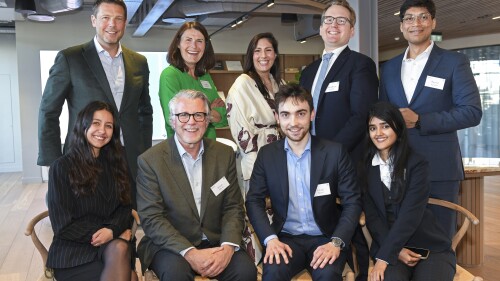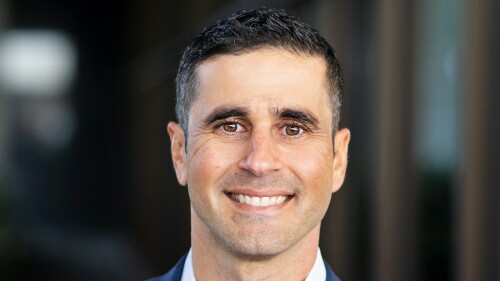To stay competitive in the global economy, the United States needs to focus on attracting and retaining a talented workforce by investing much more heavily in human capital, according to Michael Milken, chairman of the Milken Foundation.
Milken pointed to the need for greater U.S. investment in education and health care during a keynote address at ULI’s 2011 Fall Meeting and Urban Land Expo in Los Angeles. “Competition for human capital is the most important factor in the 21st century,” he said.
In a world in which “the most valuable real estate ends with dot.com,” the success of individual countries is increasingly being determined by their ability to attract and retain the best and brightest workers, Milken said. The same human capital strategies that have worked successfully for Apple, Google, and Facebook will work for countries and governments, he said.
Referring to the Russian missile launch during the 1960s that spurred the United States to ultimately excel in the space race, Milken said the nation needs another “Sputnik” moment—a wake-up call to catalyze a shift in national priorities toward improving the job prospects and overall quality of life of the nation’s residents.
For instance, he pointed out that middle-class households in America pay an average of 51 percent of their income for housing and transportation; in Asia, the average amount is 26 percent. Conversely, in Asia, middle-income households pay an average of 15 percent of their incomes for tutoring services; in America, the average is 2 percent. “It’s hard to compete when you’ve decided that the size of your house and the horsepower of your car are more important than education,” Milken said. A change in the mind-set of Americans is needed “to ensure that the U.S. continues to play a leading role” in the world economy, he added.


![Western Plaza Improvements [1].jpg](https://cdn-ul.uli.org/dims4/default/15205ec/2147483647/strip/true/crop/1919x1078+0+0/resize/500x281!/quality/90/?url=https%3A%2F%2Fk2-prod-uli.s3.us-east-1.amazonaws.com%2Fbrightspot%2Fb4%2Ffa%2F5da7da1e442091ea01b5d8724354%2Fwestern-plaza-improvements-1.jpg)


